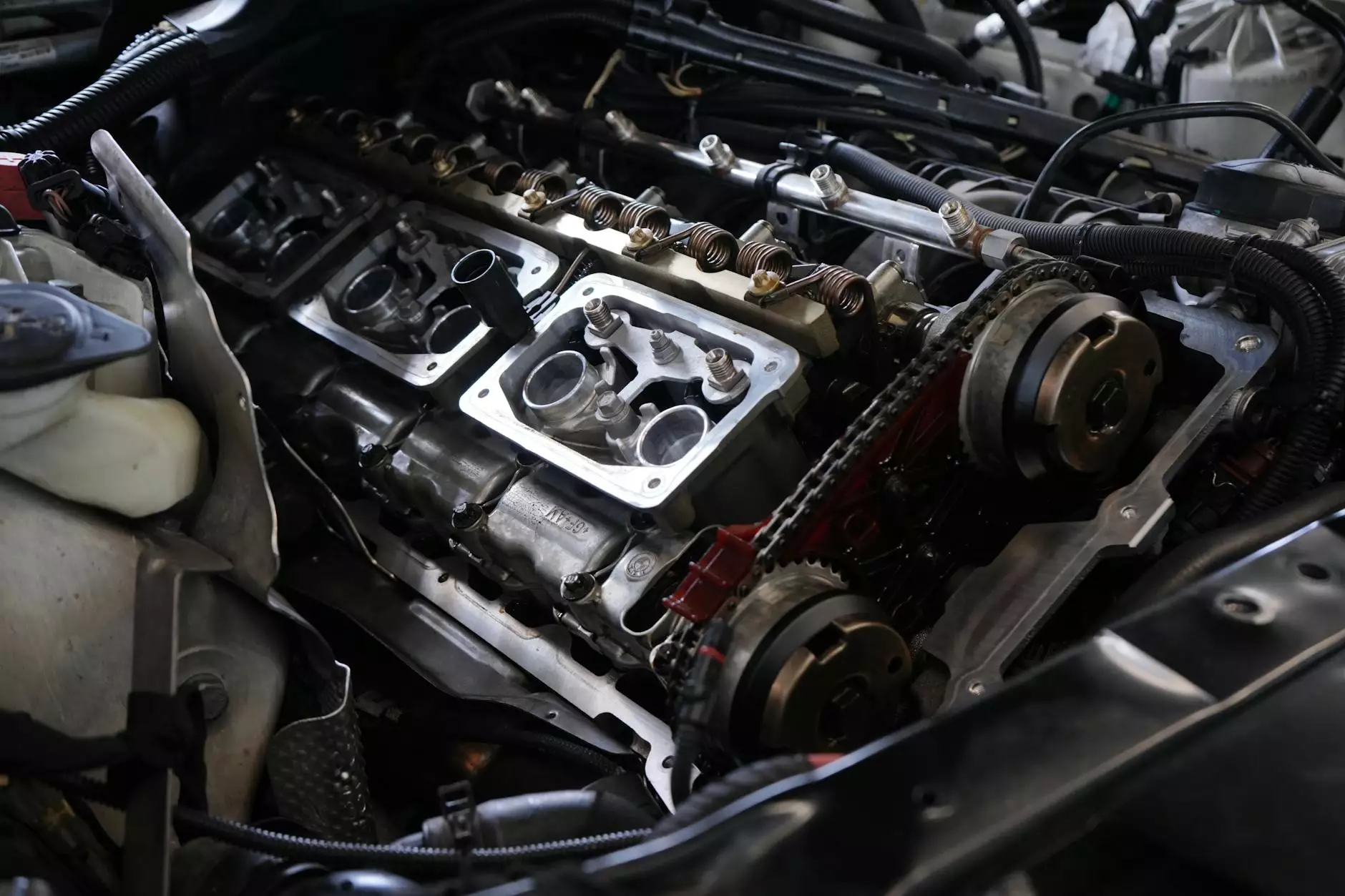Unlocking the Potential: The World of Auto Components Manufacturers

The automotive industry is a dynamic and ever-evolving landscape, where innovation, performance, and safety are paramount. At the heart of this industry lie the auto components manufacturers, whose contributions are vital for the production of vehicles that meet customer expectations and regulatory standards. In this comprehensive exploration, we will delve into the roles, challenges, and innovations surrounding auto components manufacturers, while providing insights that could help businesses thrive in this competitive market.
The Importance of Auto Components Manufacturers
Auto components manufacturers play a crucial role in the automotive supply chain. They are responsible for producing a wide range of parts and systems that are integral to vehicle operation. This includes everything from the engine and transmission components to braking systems, electrical systems, and interior fittings. Each component must be crafted with precision to ensure optimal performance and safety.
Key Responsibilities of Auto Components Manufacturers
- Design and Engineering: Manufacturers invest heavily in research and development to innovate and design parts that enhance vehicle efficiency, reduce environmental impact, and improve overall performance.
- Production: Utilizing advanced manufacturing technologies such as CNC machining, 3D printing, and robotics, these companies ensure that parts are produced with the highest standards of quality.
- Quality Assurance: Rigorous testing and quality control processes are essential to ensure that parts meet both safety regulations and customer expectations.
- Supply Chain Management: Auto components manufacturers effectively manage complex supply chains to ensure timely delivery of parts to automakers.
Technological Innovations in Auto Components Manufacturing
With the rapid advancement of technology, the auto components manufacturing industry has witnessed significant transformations. This section explores the latest innovations that are shaping the future of automotive parts manufacturing.
1. Advanced Materials
The use of lightweight materials such as aluminum, carbon fiber, and high-strength steel is gaining traction. These materials improve fuel efficiency and performance while maintaining safety standards. The shift towards sustainable materials is also critical, aligning with global trends toward eco-friendly practices.
2. Automation and Robotics
Automation plays a pivotal role in enhancing production efficiency. Robotic systems are used for high-precision tasks, reducing human error and improving safety. Automated assembly lines enable manufacturers to increase output while maintaining consistent quality.
3. 3D Printing
3D printing technology allows for rapid prototyping and production of complex components. This not only speeds up the development process but also reduces material waste, contributing to more sustainable manufacturing practices.
The Impact of Regulations on Auto Components Manufacturers
The automotive industry is heavily regulated at both national and international levels. Compliance with safety standards, environmental regulations, and emission controls is essential for auto components manufacturers.
Adapting to Regulatory Changes
As regulations evolve, manufacturers must adapt their processes and materials. This often involves updating manufacturing techniques and investing in new technologies to comply with stricter standards. The ability to pivot in response to regulatory changes can be a major factor in a manufacturer’s success.
Market Trends Influencing Auto Components Manufacturers
Understanding market trends is vital for manufacturers aiming to maintain a competitive edge. Below are some key trends shaping the industry:
1. Shift Towards Electric Vehicles (EVs)
The rise of electric vehicles presents both challenges and opportunities for auto components manufacturers. Companies must now create components that cater specifically to electric drivetrains, such as batteries, electric motors, and regenerative braking systems.
2. Increased Focus on Safety and Autonomous Features
Vehicle safety is a primary concern for consumers. Innovations such as advanced driver-assistance systems (ADAS) require new sensors and control systems, which presents a lucrative opportunity for manufacturers willing to invest in technology and innovation.
3. Global Supply Chain Optimization
Recent global events have emphasized the need for resilient supply chains. Manufacturers are re-evaluating their supply chain strategies to minimize risks associated with disruptions, ensuring that they can continue to deliver quality parts on time.
Strategic Approaches for Auto Components Manufacturers
To succeed in the competitive landscape of auto components manufacturing, companies need to adopt strategic approaches:
1. Embrace Sustainability
With increasing consumer awareness about environmental issues, manufacturers should prioritize sustainable practices in their operations. From eco-friendly materials to energy-efficient manufacturing processes, sustainability can drive brand loyalty and market differentiation.
2. Invest in Research and Development
Continuous investment in R&D is essential to stay ahead of the curve. By focusing on innovations that fulfill market needs, manufacturers can create superior products that enhance vehicle performance and safety.
3. Foster Partnerships and Collaborations
Building strong relationships with automotive OEMs (Original Equipment Manufacturers) and technology providers can lead to successful collaborations. Partnerships often result in sharing of knowledge, resources, and technology, ultimately benefiting all parties involved.
Conclusion: The Future of Auto Components Manufacturing
As we look towards the future, the role of auto components manufacturers will remain critical in shaping the automotive landscape. By embracing technological advancements, adapting to regulatory changes, and responding to market trends, these manufacturers can position themselves for success. The key lies in the ability to innovate continuously and prioritize quality, sustainability, and safety in every facet of their operations.
As the automotive industry continues to evolve, so too will the contributions of auto components manufacturers. By being at the forefront of this change, manufacturers not only enhance their own success but also contribute to the creation of vehicles that are safer, more efficient, and environmentally friendly.
Join the Conversation
At imautoparts.com, we encourage discussion and exploration of the realm of auto components manufacturing. Whether you are an OEM, a parts supplier, or a consumer, understanding the significance of these manufacturers can enhance your appreciation of the automotive world.









